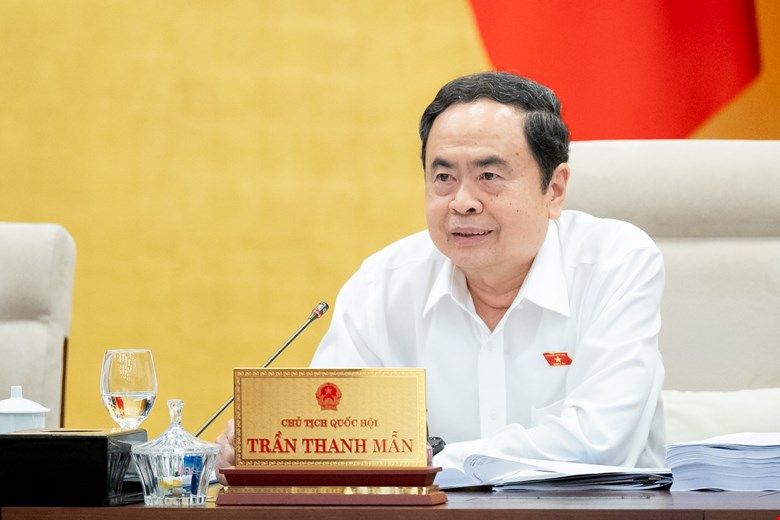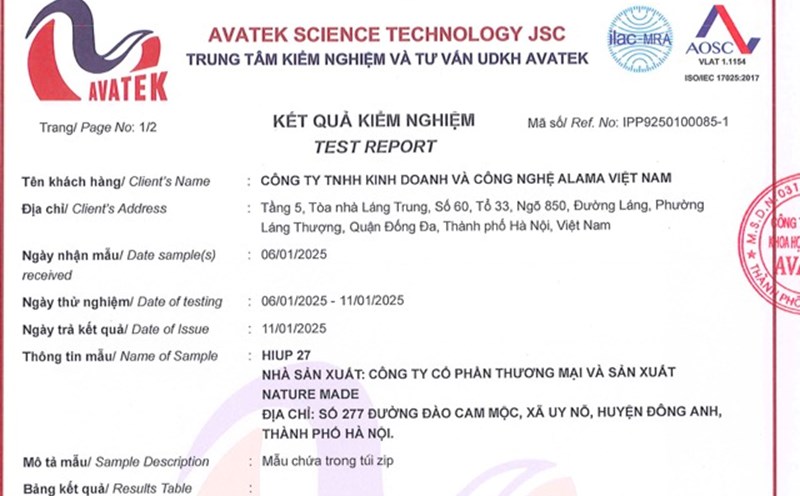On the afternoon of April 17, the National Assembly Standing Committee gave its opinion on the draft Law on Management and Investment of State Capital in Enterprises.
Presenting a report explaining and accepting, Chairman of the Economic and Financial Committee Phan Van Mai said that the draft has reduced a number of administrative procedures in the management and investment of state capital in enterprises.
Promote decentralization, delegation of authority, clearly define the functions, tasks, and powers of state management agencies to agencies, representatives of state capital owners, and enterprises, enhance autonomy and self-responsibility of enterprises.
At the same time, it will make the operations of state-owned enterprises more transparent in conjunction with digital transformation, improve the effectiveness and efficiency of management, supervision, inspection, control and accountability for the operations of enterprises.
The Standing Committee of the Economic and Financial Committee believes that regarding the scope of state capital investment in enterprises, the draft Law inherits the provisions of Law No. 69 on the scope of capital investment in enterprises; institutionalizes fields and professions according to Resolution No. 12/NQ-TW.
Regarding business strategy and annual business plan, taking into account the opinions of delegates, the draft Law has been revised and stipulated that enterprises develop annual business strategies and business plans as follows:
The Prime Minister and the owner's representative agency shall approve the goals, orientations, some main targets in the 5-year business strategy and some basic targets of the Business Plan of the enterprise as prescribed in Article 53 and regulations of the Government.
The Board of Members/Chairman of the company issues business strategies and annual business plans of the enterprise.
In addition, to enhance decentralization and increase proactiveness for businesses, shifting from pre-inspection to post-inspection, the draft Law stipulates that businesses are responsible for capital mobilization.
According to Mr. Phan Van Mai, the Economic and Financial Committee basically agreed with this regulation because it is consistent with the guiding viewpoint of Resolution No. 12-NQ/TW.
The provisions in the draft basically ensure the principle of borrowing capital when there is a capital use plan, a debt repayment plan and measures to ensure the loan and in accordance with the provisions of the Civil Code.
At the same time, it will increase the autonomy and self-responsibility of enterprises, helping enterprises established by enterprises or invested capital to access reasonable capital sources, creating resources for enterprises to develop.
However, the reviewing agency suggested that the draft Law should add a provision assigning the Government to prescribe strict management measures for inspection and supervision.

At the meeting, Politburo member and National Assembly Chairman Tran Thanh Man said that the development of the Law this time needs to focus on perfecting strong and clear institutions, improving the efficiency of state-owned enterprises, and removing current obstacles.
The National Assembly Chairman noted the issue of the form of management of state-owned enterprises contributing capital under 50%; investment management separated from the function of state management; strong decentralization and delegation of authority to the owner's representative agency and business leaders...
The National Assembly Chairman requested to continue to perfect regulations on the scope of regulation, supervision mechanisms, and the role of investment capital management corporations to ensure feasibility, transparency, and synchronization with the current legal system.
Speaking at the meeting, Deputy Prime Minister Ho Duc Phoc said that wherever there is state capital, there must be management, the management agency will represent the capital owner.
The regulations on state capital in the current Enterprise Law stipulate that over 50% has the right to vote, and under 50% cannot vote, then report to the owner to use management and control tools.











